Background
“Ensuring Decent Work and Reducing Vulnerabilities for Women and Children in the Context of Labour Migration in Southeast Asia (PROTECT, Protection of the Rights of Women and Children in Labour Migration)” is a three-year project (2024-2026) implemented by the ILO, UN Women, UNICEF and UNODC, and funded by the European Union.
The PROTECT project will promote decent work, while reducing the vulnerabilities of women and children in labour migration. This includes preventing and responding to violence against women and children, human trafficking and migrant smuggling.
By tackling legal, policy, and institutional gaps and barriers, the project seeks to ensure that women migrant workers and children are better protected. This will include the protection of fundamental principles and rights at work, as well as having safer, regulated, and orderly migration options by addressing violence, exploitation, forced labour, and trafficking.
Additionally, the project will enhance national and regional capacities and mechanisms for policy implementation, service provision and prevention efforts, to ensure that laws and policies are implemented effectively. It also focuses on empowering women migrant workers and children to access services and recognize and reduce their vulnerability to abuse and exploitation.
Implementation countries
The Protect project covers Cambodia, Indonesia, Malaysia, and Thailand. UN Women implements activities primarily in Cambodia and Thailand.
Programme Objectives
The Overall objective of the PROTECT project is to protect the rights of women migrant workers and migrant children in Southeast Asia.
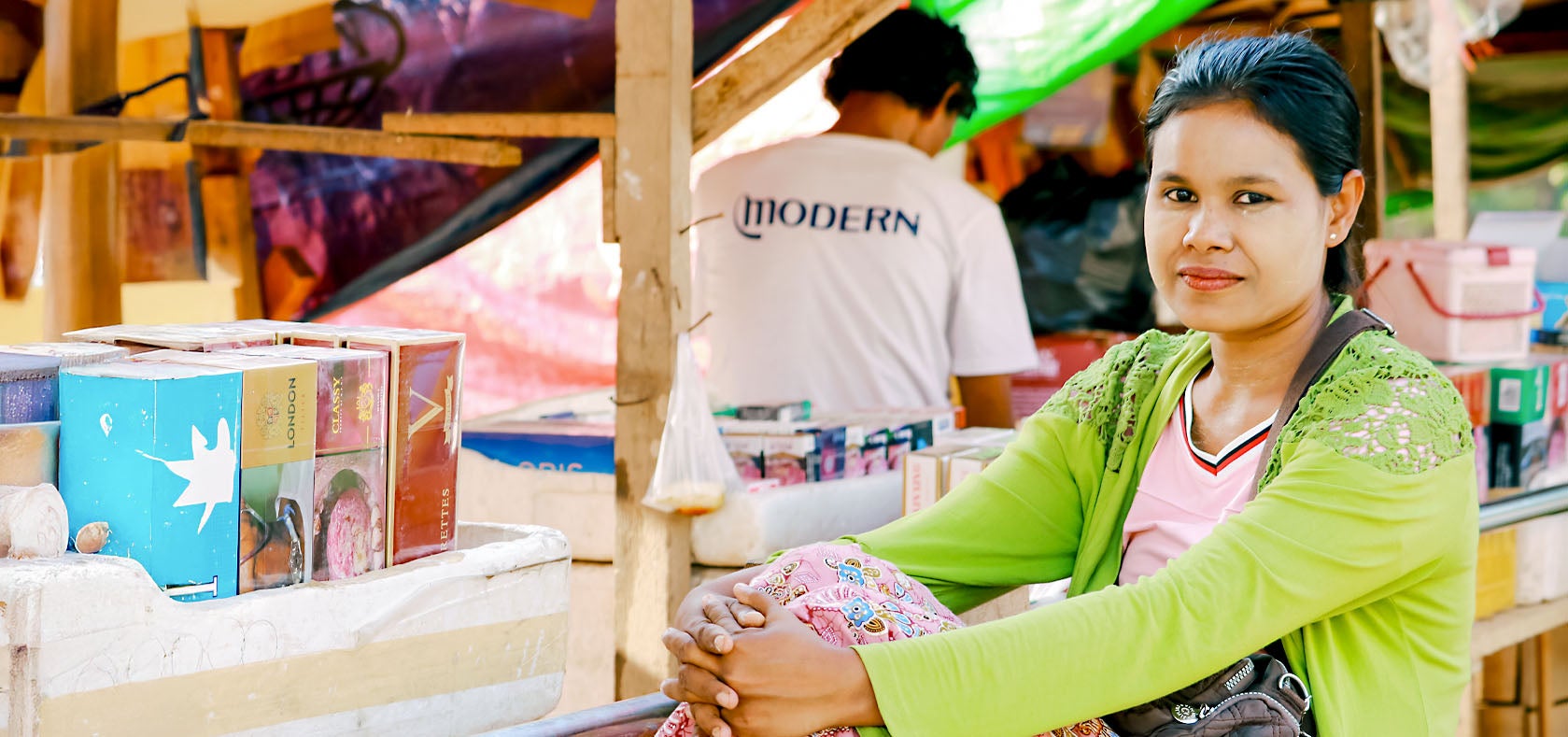
Photo: UN Women/Younghwa Choi

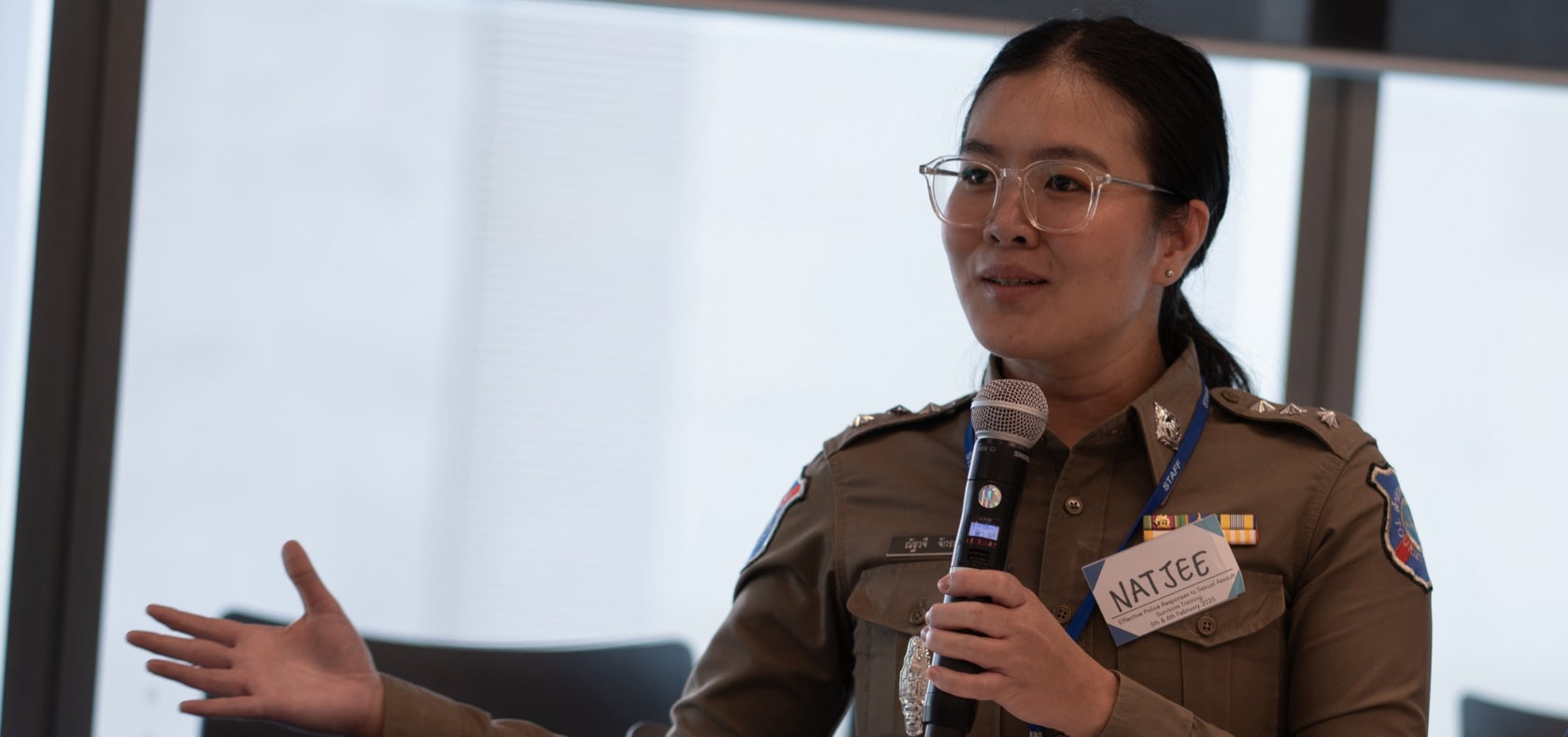
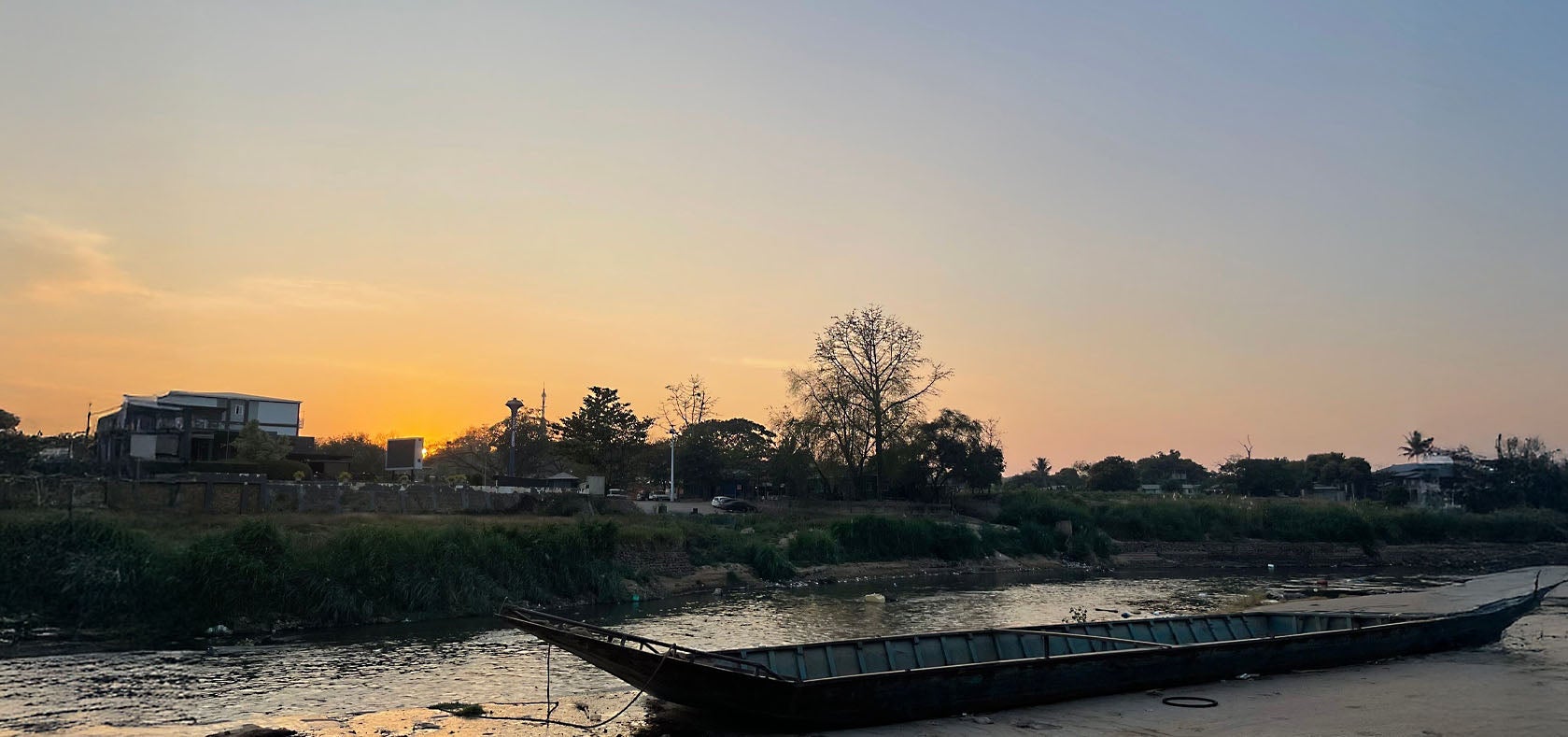
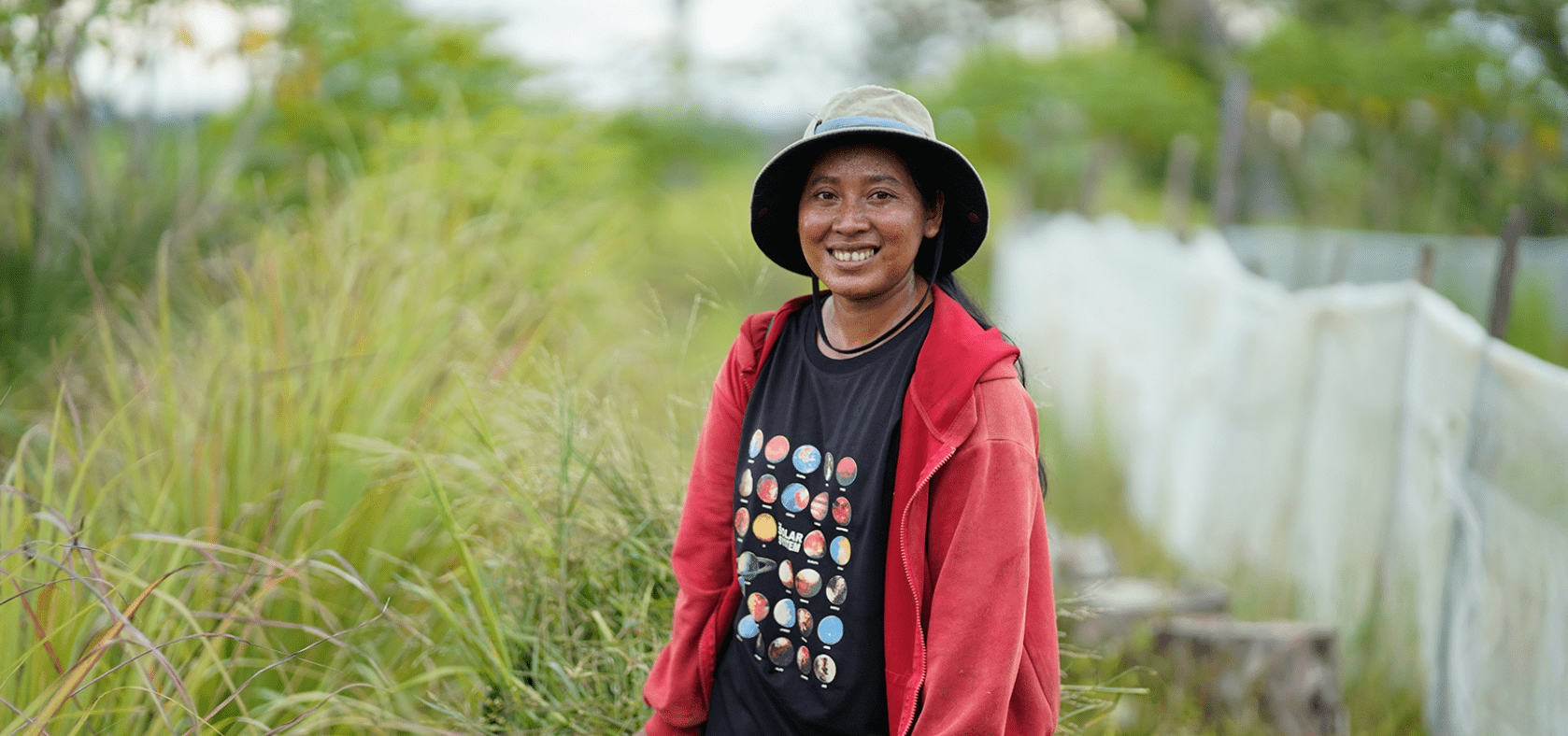
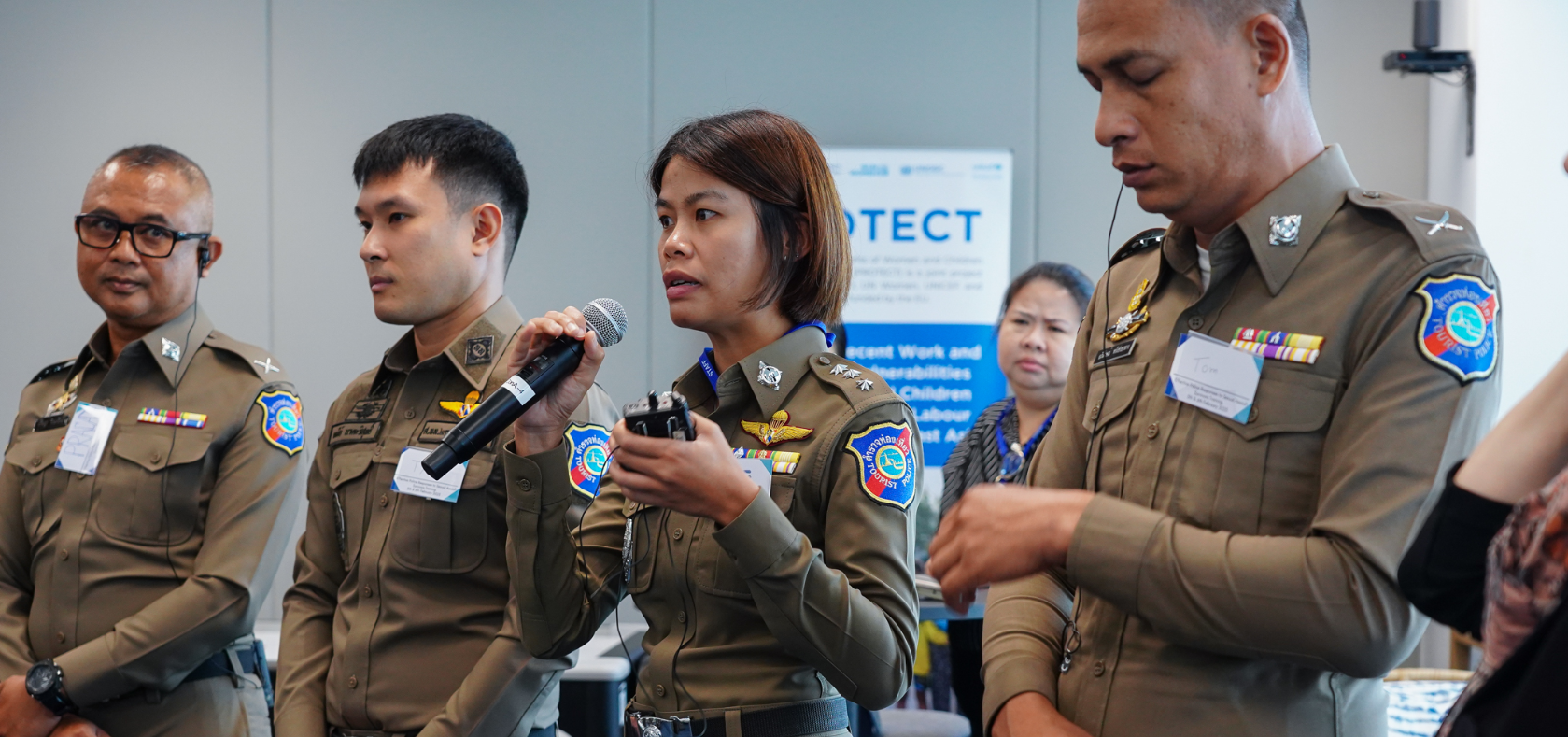

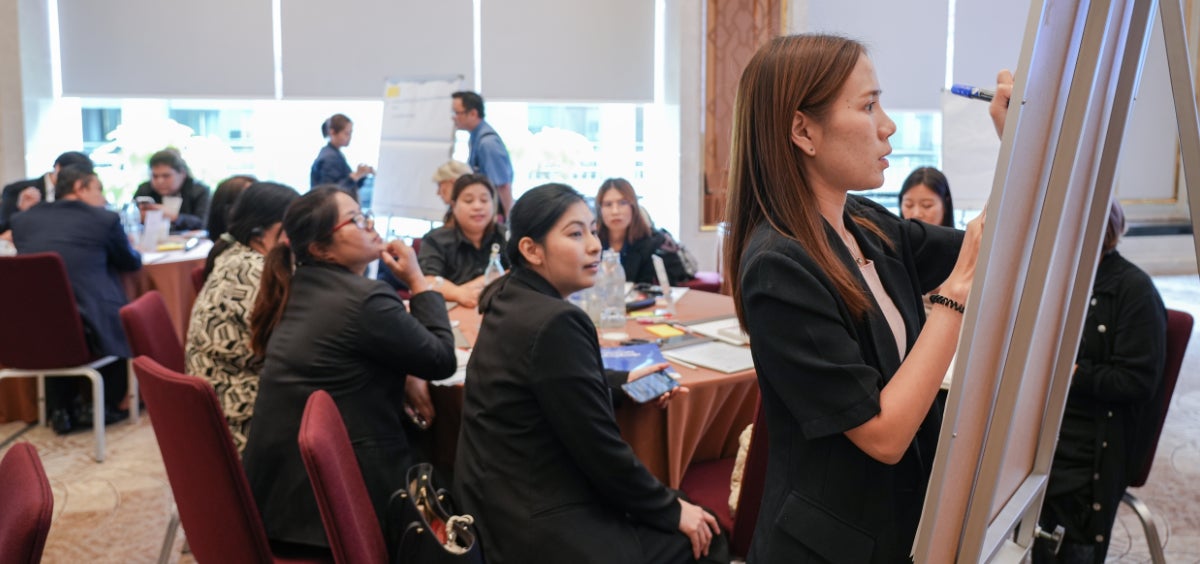
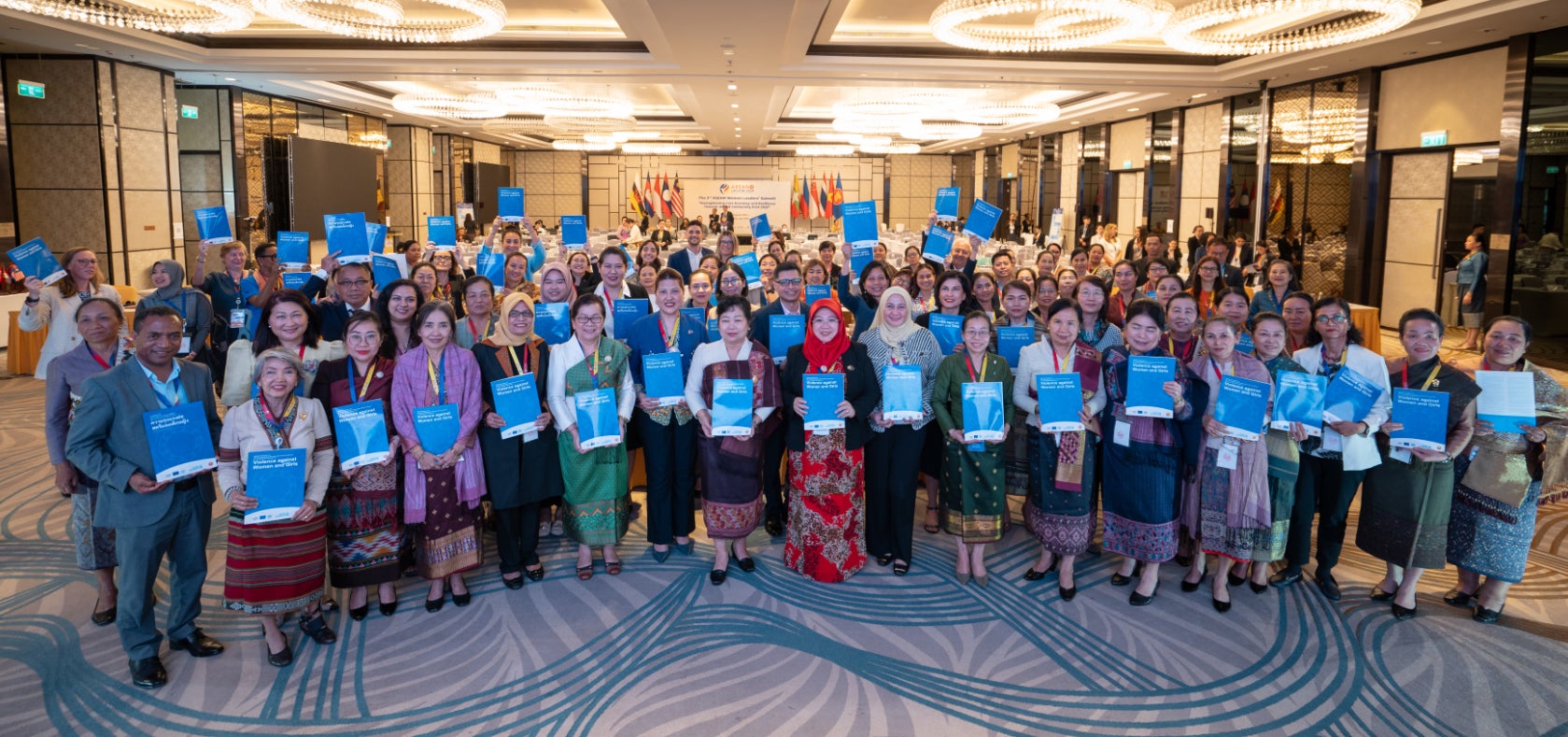
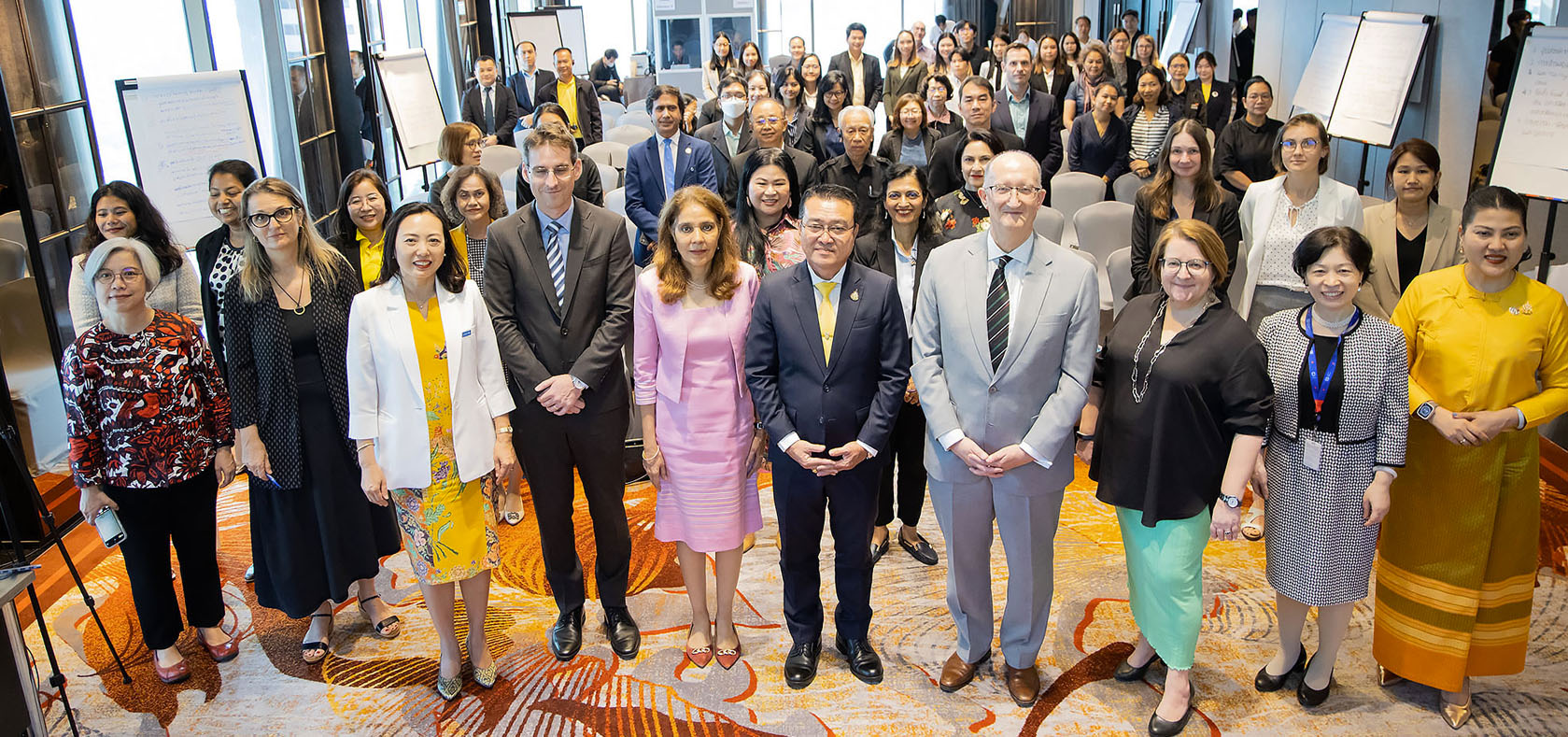
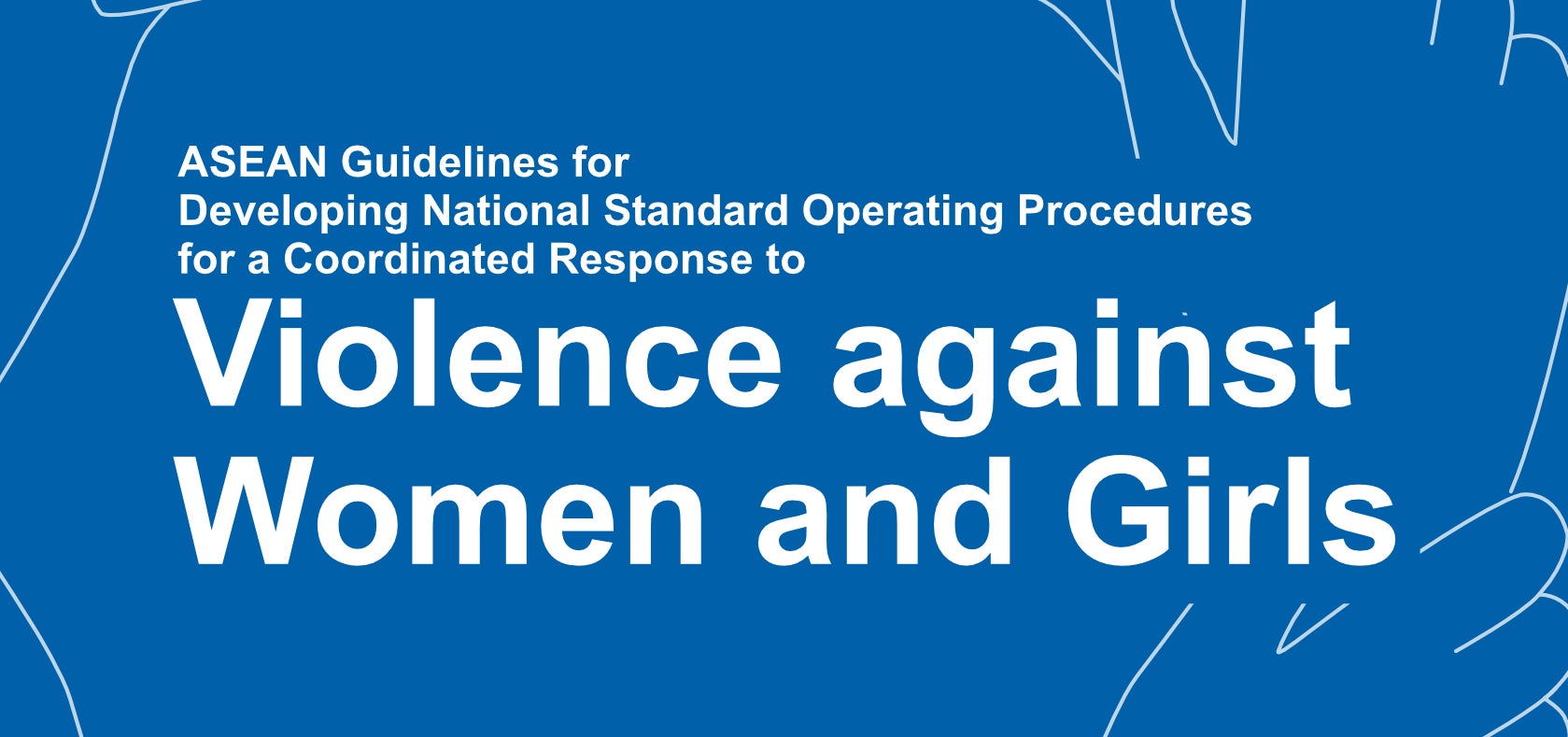
![[Project brief]](/sites/default/files/2024-04/ap-c816-wcms_920771-1679px.jpg?t=1713771081)